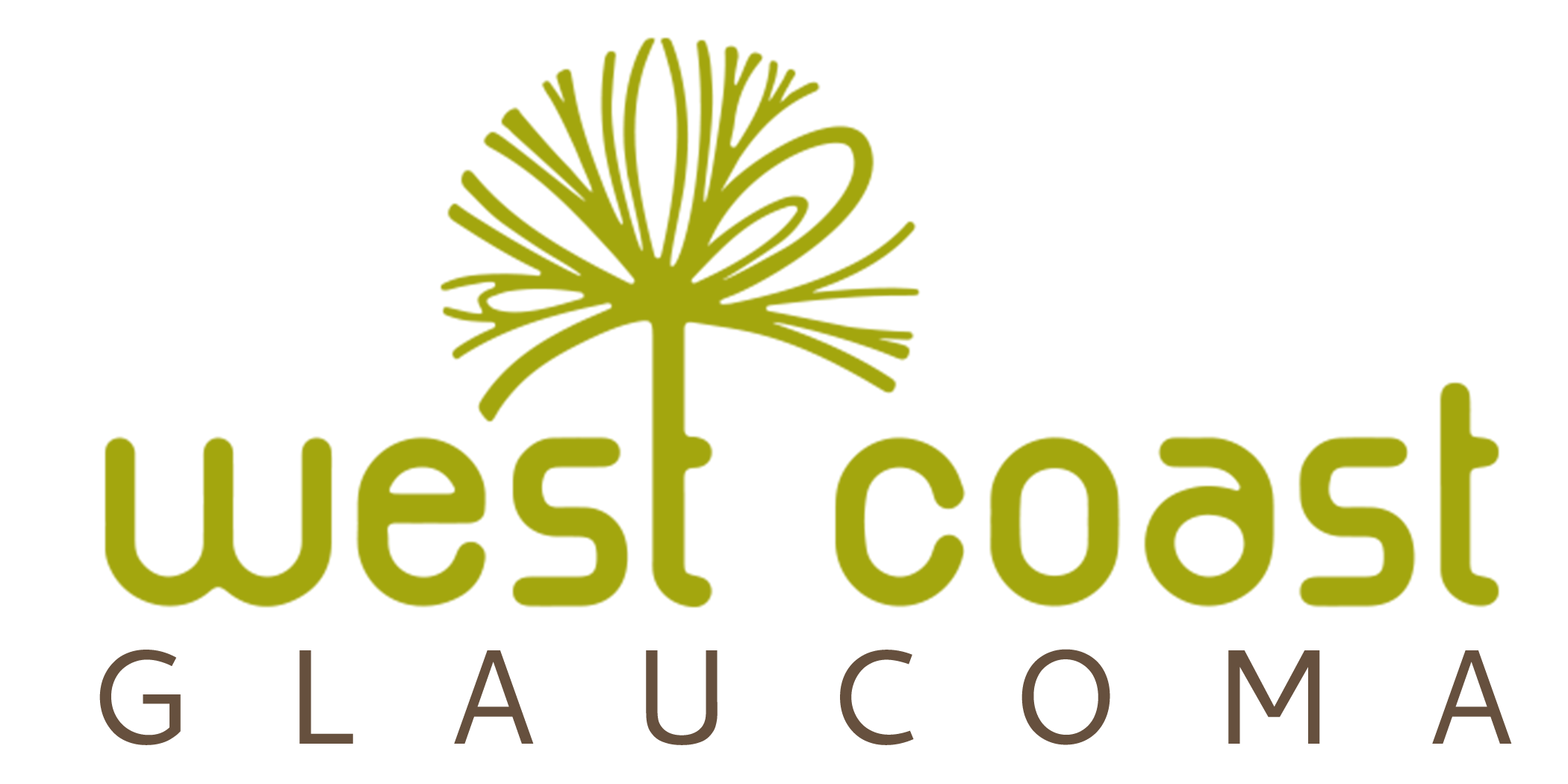Ischemic optic neuropathy, a condition caused by restricted blood flow to the optic nerve, is the sudden loss of vision in one or sometimes both eyes. It primarily affects the elderly. There are two forms of ischemic optic neuropathy, caused by differing underlying conditions.
Nonarteritic ischemic optic neuropathy (NAION) is usually painless; it is caused by cardiovascular disease. If you have high cholesterol, high blood pressure, diabetes, or if you smoke, you are at higher risk of developing the condition. Unfortunately, there is no cure, and the central or peripheral (side) vision that you have lost cannot be restored. However, treating the underlying causes of your cardiovascular disease can help control nonarteritic ischemic optic neuropathy and prevent further vision loss.
Arteritic ischemic optic neuropathy(AION) is a condition caused by inflammation of the arteries supplying blood to the optic nerve. This inflammation is known as giant cell arteritis (GCA), and its cause is unknown. Women are more likely to develop GCA than men, and Caucasians are affected at a much higher rate than people of other races. People of Scandinavian ancestry are at particular risk. If you have polymyalgia rheumatica, you have an increased risk of having GCA as well.
Signs to look for include:
- flu-like symptoms including headache, fatigue, and fever;
- blurred vision;
- double vision;
- scalp tenderness;
- jaw pain;
- stiffness or pain in the neck, hip, or arms; and
- unexplained weight loss.
When treated quickly with high doses of corticosteroids (anti-inflammatory medications) before you experience loss of vision, your symptoms will be relieved and chances are excellent that your eyes will not be affected. For this reason, your ophthalmologist (Eye M.D.) may begin treatment before a biopsy can confirm your diagnosis. You may need to take corticosteroids for as long as a few years, though at lower dosage levels.
Major side effects of corticosteroids include:
- osteoporosis;
- high blood pressure;
- muscle weakness; and
- cataracts.
You should discuss the complications of corticosteroid medications and alternative treatment options with your ophthalmologist.
(c) 2007 The American Academy of Ophthalmology
